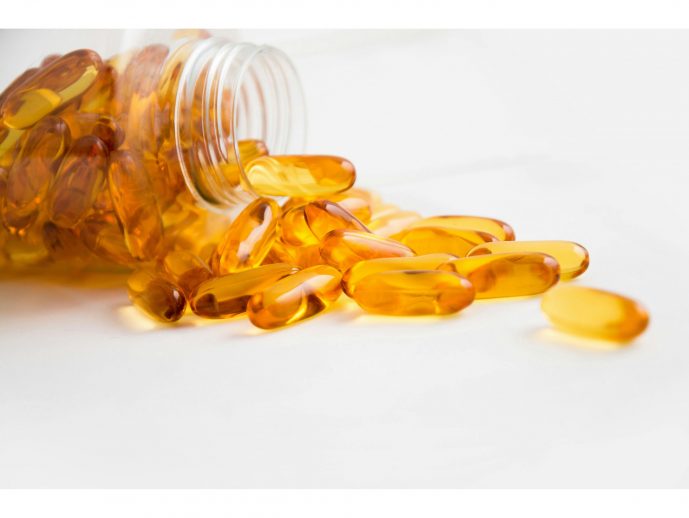Categories more
- Adventures (16)
- Arts / Collectables (15)
- Automotive (37)
- Aviation (11)
- Bath, Body, & Health (76)
- Children (6)
- Cigars / Spirits (32)
- Cuisine (16)
- Design/Architecture (21)
- Electronics (12)
- Entertainment (4)
- Event Planning (5)
- Fashion (44)
- Finance (9)
- Gifts / Misc (6)
- Home Decor (44)
- Jewelry (40)
- Pets (3)
- Philanthropy (1)
- Real Estate (14)
- Services (22)
- Sports / Golf (14)
- Vacation / Travel (60)
- Watches / Pens (14)
- Wines / Vines (24)
- Yachting / Boating (16)
Exploring the Role of Biotin in Supporting Metabolism and Energy
Published
08/27/2025Biotin, often heralded as the beauty vitamin due to its noted impact on hair, skin, and nails, plays a critical role that extends far beyond mere cosmetic appeal. Known also as vitamin B7, biotin is a water-soluble B-vitamin that is pivotal in the metabolic processes of the human body. It functions as a coenzyme in carboxylation reactions, which are essential for metabolising carbohydrates, fats, and proteins into energy. As we explore this vitamin, it's interesting to note how it operates in tandem with supplements such as VitaBright Glucosamine Chondroitin MSM , underlying the interconnected nature of our nutrient intake and body functions.
Biotin's impact on metabolism is perhaps its most vital contribution to human health. It serves as a cofactor for several carboxylases, which are enzymes that aid in the pivotal reactions converting food into chemical energy. These enzymes help the body metabolise fats and carbohydrates and synthesise amino acids, the building blocks of proteins. When carbohydrates are processed efficiently into glucose, it supplies the body with the energy necessary for daily activities and physiological functions.
Moreover, biotin assists in the synthesis of fatty acids and the breaking down of amino acids. Fatty acids are not only essential components of cell membranes, but they also play a role in hormone production, thus impacting energy levels and overall metabolic health. On the other hand, amino acids metabolised with biotin's help allow for the repair and growth of bodily tissues, crucial for someone engaging in regular physical activity.
It's also worth spotlighting biotin's influence on gene regulation related to the production of energy within cells. This vitamin can modulate gene expression by influencing the activity of DNA processes, effectively impacting mitochondrial function where ATP, the primary energy currency of the cell, is generated. This makes biotin indispensable for sustaining mitochondrial health and, consequentially, energy supply in the body.
While biotin deficiency is relatively uncommon due to its presence in a variety of foods such as nuts, seeds, eggs, and certain vegetables, symptoms of deficiency can occur. These might include hair thinning, brittle nails, and skin rashes, all pointing toward the nutrient's significance in maintaining not just metabolic efficiency but also external appearance. Some other symptoms might extend to fatigue, which can be directly traced to its role in energy production.
Considering biotin's multifaceted roles, integrating it into one's diet can support the body's natural processes more seamlessly. For those particularly active individuals or those striving to optimise energy levels, ensuring an adequate intake of biotin—alongside a balanced diet and potentially from supplements—can be a keystone in maintaining metabolic health. It highlights the necessity of a holistic approach to nutrition, taking into account the interplay between various nutrients to bolster how the body functions. Reliable dietary sources can include whole grains, dairy products, and soybeans, ensuring a well-rounded intake of the vitamin.
In conclusion, biotin is much more than a nutrient tied to beauty. Its profound roles in our metabolic pathways and energy supply highlight its necessity in everyday health maintenance. By understanding and appreciating the dynamics between biotin and other dietary components, individuals can enhance not only their physical appearance but also their overall vitality and energy levels, ultimately leading to healthier lives.















